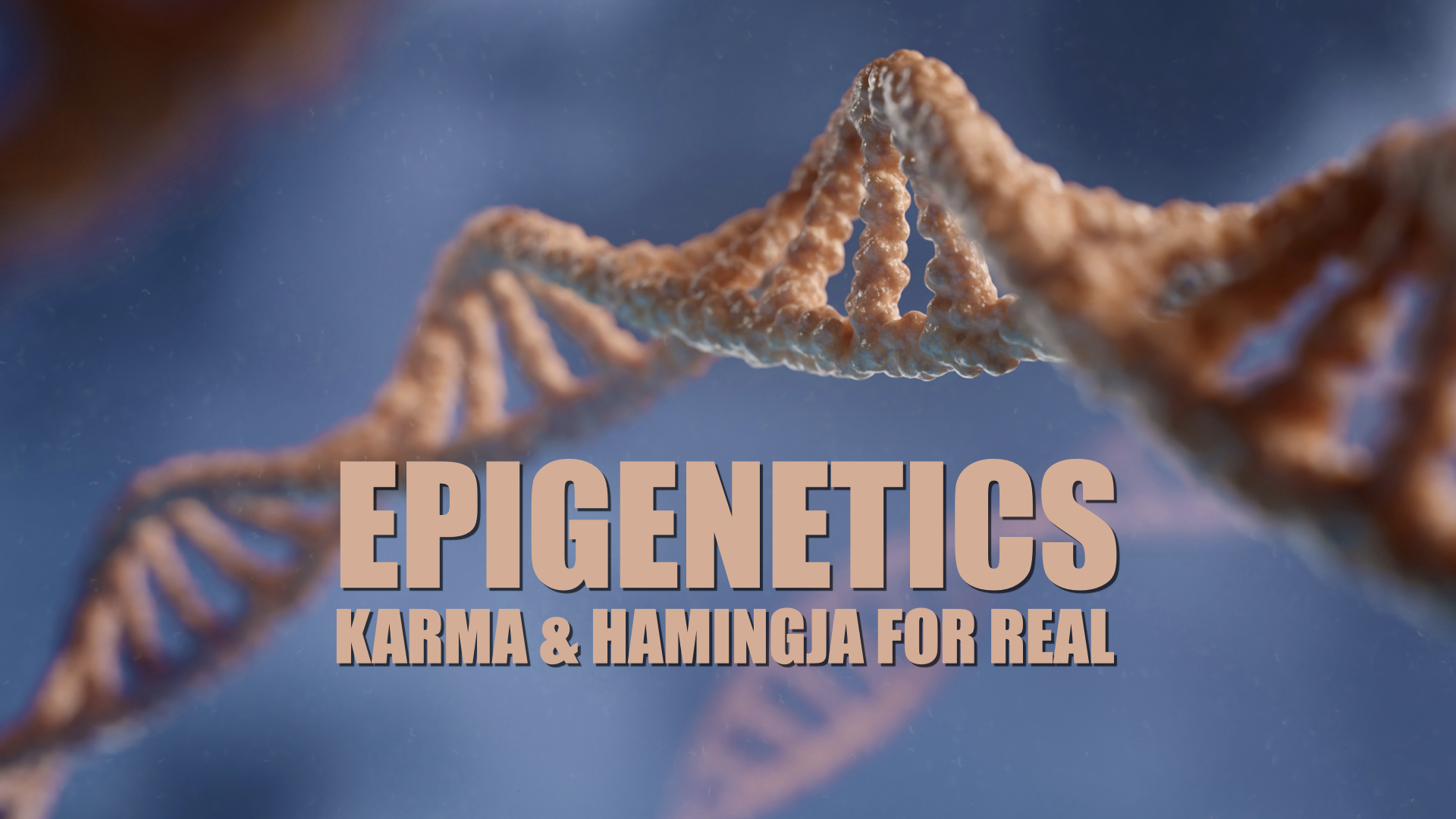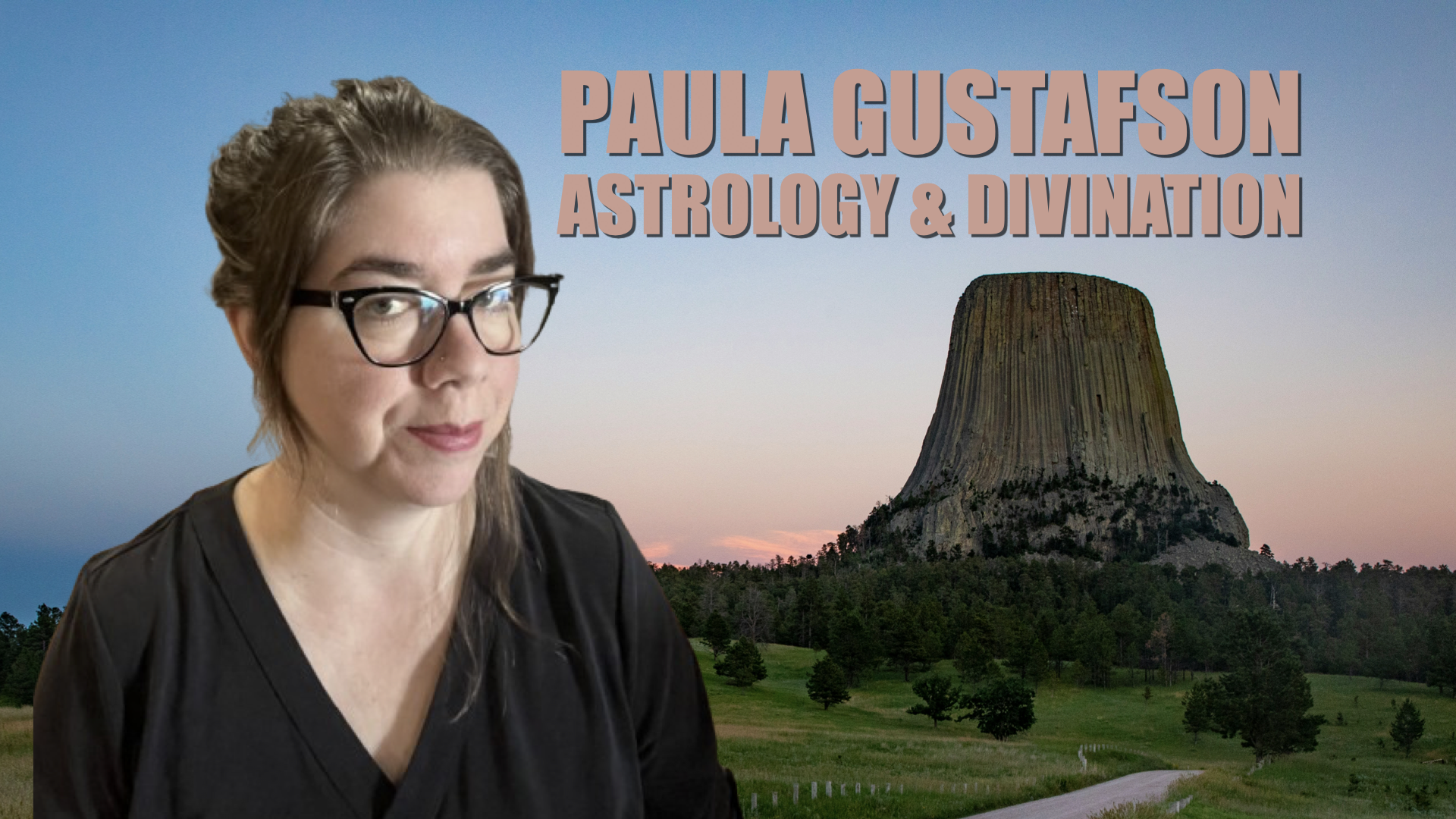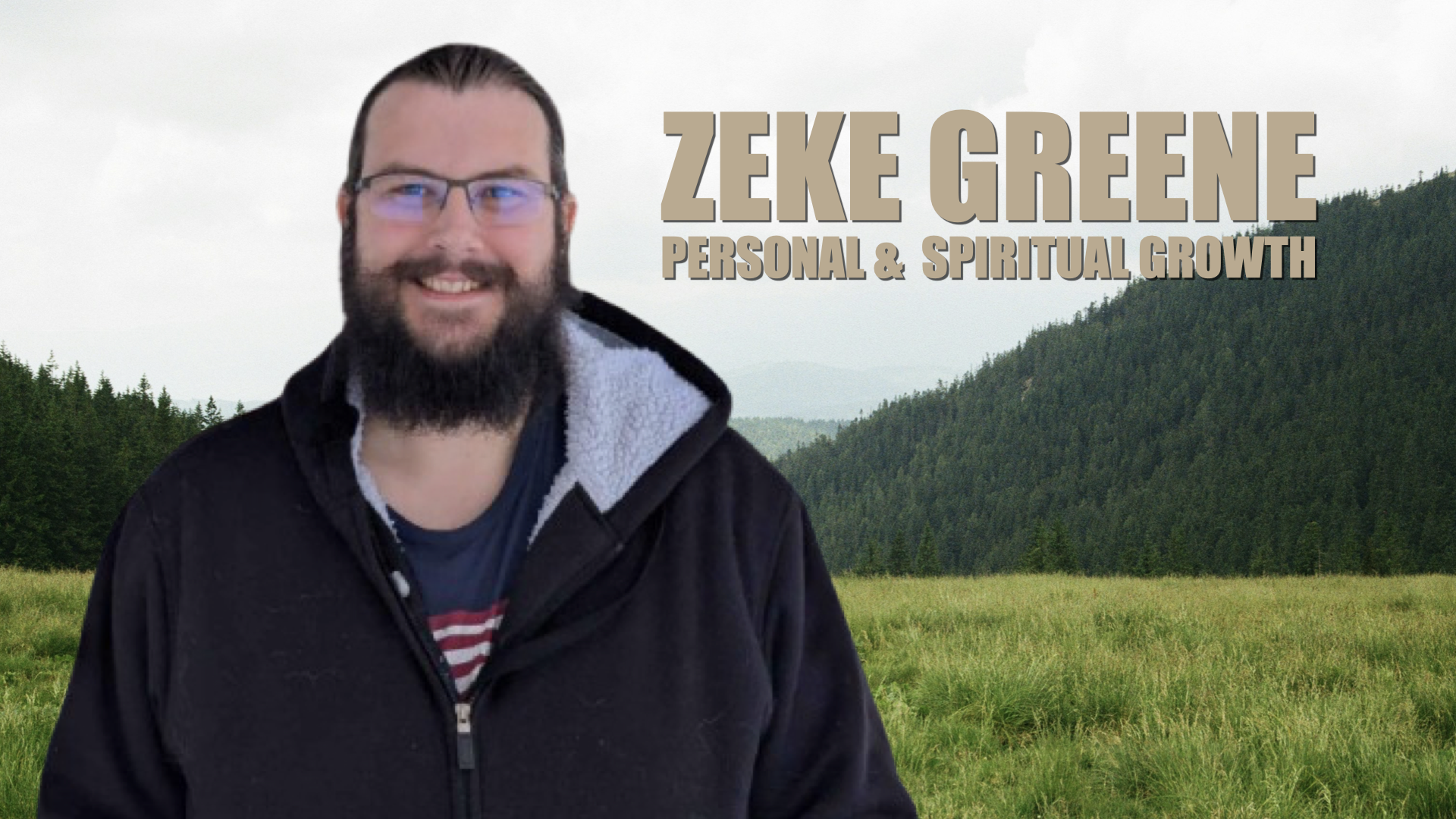Modern science is beginning to echo something our ancestors may have known instinctively: our actions, experiences and even emotions not only shape our own lives but ripple through generations. This idea, deeply rooted in the ancient wisdom of Indo-European traditions, finds a powerful parallel in the science of epigenetics.
The ties between past, present, and future were never severed—our inheritance was spiritual, emotional, and energetic as much as it was physical. Now, epigenetics offers a biological lens for understanding these truths; that we do not inherit only our ancestors’ genes—we also inherit the marks left by their struggles, triumphs, and way of life.
More Than Just DNA: The Science of Epigenetics
For years, genetics was seen as destiny—DNA as a fixed script and static blueprint passed down unchanged. But epigenetics has transformed that narrative. It reveals that our genes are not fixed instructions but more like instruments, played by the musicians of our environment, emotions, and experiences. While our DNA sequence remains the same, chemical markers—called epigenetic modifications—can switch certain genes on or off, changing how they express themselves and how they function.
Stress, diet, trauma, joy, love, and even our sense of purpose can influence these epigenetic tags. And perhaps most astonishingly, some of these changes can be inherited, passed down to children and future generations. It’s as if our life stories leave subtle annotations in the genetic “cookbook,” guiding how the next generation’s bodies and minds interpret their inheritance.
Many Indo-European spiritual traditions speak of the power of ancestry, they are steeped in the understanding that we carry more than just our ancestors’ eye color or height. We carry their stories, their strengths, knowledge, and their unresolved wounds and burdens.
In Norse belief, hamingja is the success, fortune and luck inherited through a family line— one’s fate shaped by the deeds of those who came before. In Vedic philosophy, karma – often misinterpreted as mere cause and effect – extends beyond the individual, rippling across generations as both burden and blessing. Slavic folklore speaks of ancestral blessings and curses carried forward until they are consciously resolved.
These aren’t just metaphorical ideas anymore. Science and epigenetics is now showing that these beliefs may hold a biological truth; it reveals that the echoes of our ancestors’ lives are imprinted in our very biology—not in the DNA code itself, but in how that code is read and expressed.
The Imprints of Trauma and Triumph
Scientific studies have shown that trauma can leave an epigenetic signature, a biological imprint. Research on the descendants of Holocaust survivors and their descendants, as well as on famine victims has found that extreme stress can alter gene expression and stress-response genes in their children and grandchildren, making them more susceptible to anxiety, depression, or metabolic issues.
But the story isn’t only about pain. Positive experiences—resilience, strong community bonds, a deep connection to nature, spiritual practices, or even consistent nurturing care—can shape gene expression in ways that foster further resilience, well-being, joy, and vitality. Just as iron is strengthened in fire and by the blacksmith’s hammering, our ancestral lineages are tempered by suffering, hardships and strength.
Living with the Web of Fate
Indo-European spiritual traditions often emphasize the interconnectedness of all things. In Norse cosmology, the Web of Wyrd is an ever-weaving tapestry of fate connecting all things: past actions shape the present and ripple into the future. In Vedic thought, ṛta refers to the cosmic order sustained by right action. These ancient insights align seamlessly with what epigenetics tells us— our choices today affect not just ourselves but generations to come. We are woven into a living tapestry where every choice matters.
By cultivating awareness, making conscious lifestyle choices, healing our traumas, and honoring our lineage, we influence not only our own lives but the lives of those yet to come. In this way, science meets spirituality in a shared truth: we are both the receivers and the authors of ancestral legacy.
Scientific Karma: A New Perspective
Epigenetics is like a set of instructions that tell your genes how to behave without changing the actual DNA sequence. It offers a biological model of karma—not as a mystical ledger, but as a cause-and-effect mechanism etched into gene expression.
Imagine your DNA is like a cookbook, and epigenetics is like sticky notes that tell your cells which recipes and methods (genes) to use and which to ignore. For example, even though every cell in your body has the same DNA, epigenetics helps determine why a skin cell acts differently from a brain cell. If a person endures intense hardship, it can shift the way their genes operate, potentially affecting the mental and physical health of their children. But equally, when we make healing choices—mindfulness, nourishing food, connection, ritual—we write a different story into our biology. One that our descendants may continue. It’s like inheriting not just your grandparents’ eye color, but also the echo of their joy and grief – their life experiences!
Rekindling the Fire of Ancestral Strength
Seeing epigenetics through a spiritual lens invites us into deeper responsibility, as both descendants and ancestors-in-the-making. We are not only passive carriers of DNA—we are keepers of a sacred thread. By living in balance with nature, embodying right action, and reconnecting with ancestral wisdom, we restore and strengthen that thread. We carry our ancestors not only in our blood, but in how we live.
Epigenetics doesn’t just explain the past—it empowers the future. The wisdom of the ancients was never lost; it’s inscribed in us, waiting to be remembered. Through reverence, choice, and healing, we become not only heirs to the legacy—but shapers of what’s to come.



